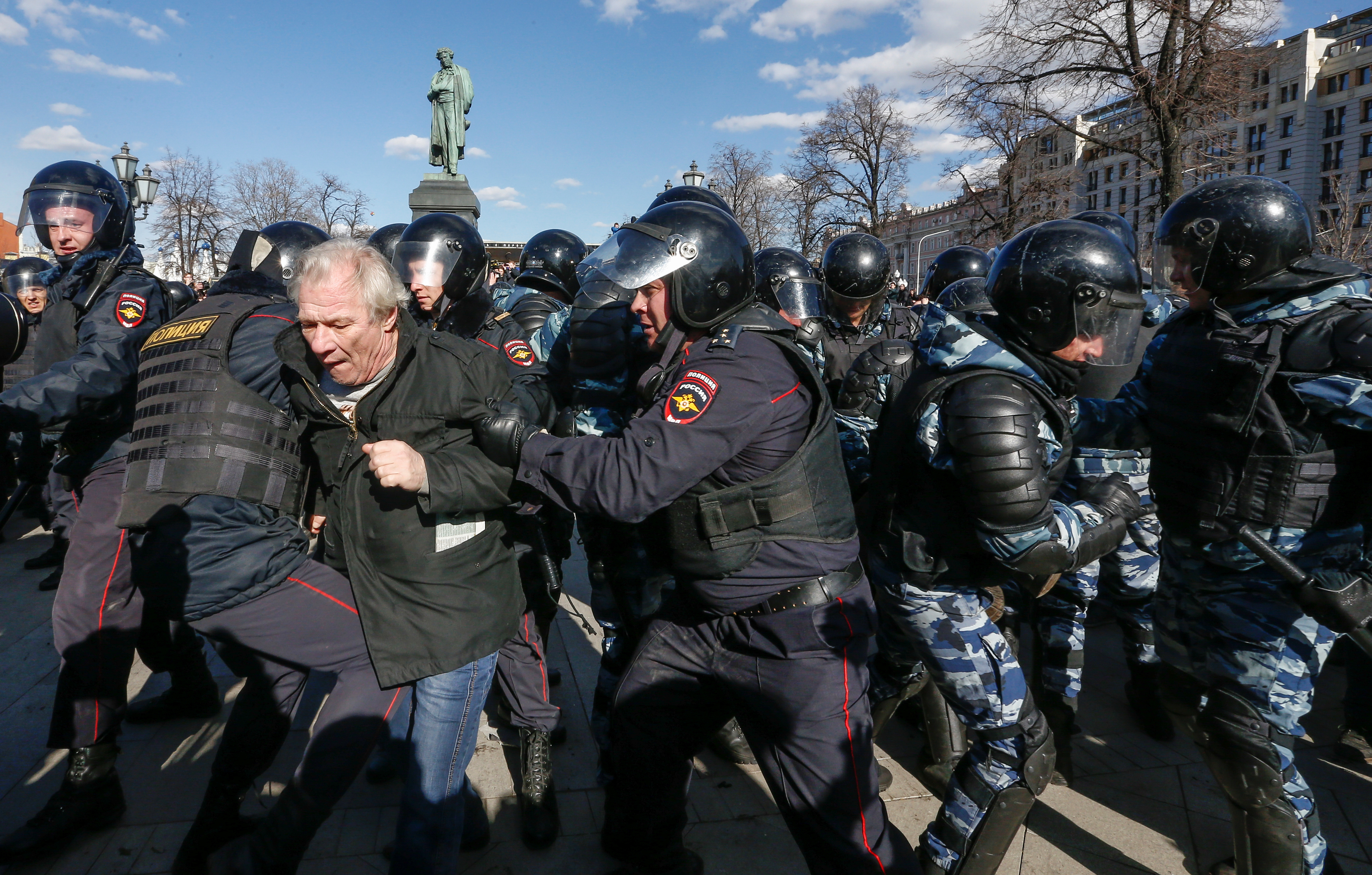
By Robin Emmott and Alastair Macdonald
VALLETTA/BRUSSELS (Reuters) – The European Union offered Britain talks this year on a future free trade pact but made clear in negotiating guidelines issued on Friday that London must first agree to EU demands on the terms of Brexit.
Those include paying tens of billions of euros and giving residence rights to some 3 million EU citizens in Britain, the proposed negotiating objectives distributed by EU summit chair Donald Tusk to Britain’s 27 EU partners showed.
The document, seen by Reuters, also sets tough conditions for any transition period, insisting Britain must accept many EU rules after any such partial withdrawal. It also spelled out EU resistance to Britain scrapping swathes of tax, environmental and labor laws if it wants to have an eventual free trade pact.
The guidelines, which may be revised before the EU27 leaders endorse them at a summit on April 29, came two days after Prime Minister Theresa May triggered a two-year countdown to Britain’s withdrawal in a letter to Tusk that included a request for a rapid start to negotiations on a post-Brexit free trade deal.
“Once, and only once we have achieved sufficient progress on the withdrawal, can we discuss the framework for our future relationship,” Tusk told reporters in Malta — a compromise between EU hardliners who want no trade talks until the full Brexit deal is agreed and British calls for an immediate start.
“Starting parallel talks on all issues at the same time, as suggested by some in the UK, will not happen,” Tusk said, while adding that the EU could assess as early as this autumn that Britain had made “sufficient progress” on the exit terms in order to open the second phase of negotiations, on future trade.
Brussels has estimated that Britain might owe it something of the order of 60 billion euros on departure, although it says the actual number cannot be calculated until it actually leaves.
What it does want is to agree the “methodology” of how to work out the “Brexit bill”, taking into account Britain’s share of EU assets and liabilities. Britain disputes the figure but May said on Wednesday that London would meet its “obligations”.
The Union’s opening gambit in what Tusk said would at times be a “confrontational” negotiation with May’s government also rammed home Brussels’ insistence that while it was open to letting Britain retain some rights in the EU during a transition after 2019, it would do so only on its own terms.
Britain would have to go on accepting EU rules, such as free migration, pay budget contributions and submit to oversight by the European Court of Justice — all things that drove last June’s referendum vote to leave and elements which May would like to show she has delivered on before an election in 2020.
“Should a time-limited prolongation of Union acquis be considered, this would require existing Union regulatory, budgetary, supervisory and enforcement instruments and structures to apply,” Tusk’s draft guidelines stated in reference to a transition period that diplomats expect could last two to five years to smooth Brexit.
“NO DUMPING”
It also stressed that a future trade pact, allowing for not just low or zero tariffs on goods but also regulatory alignment to promote trade in services, should not allow Britain to pick and choose which economic sectors to open up. That would prevent London giving undue subsidies or slashing taxes or regulations — “fiscal, social and environmental dumping”, in EU parlance.
The negotiations will be among the most complex diplomatic talks ever undertaken and the EU guidelines are only an opening bid. EU officials believe they have the upper hand in view of Britain’s dependence on exports to the continent, while British diplomats see possibilities to exploit EU states’ differences.
Tusk and Maltese Prime Minister Joseph Muscat, who holds the Union’s rotating presidency, warned against such efforts and insisted the EU would negotiate “as one”, through their chief negotiator, former French foreign minister Michel Barnier. He expects to start full negotiations in early June.
Tusk spelled out priorities for the withdrawal treaty, which Barnier hopes can be settled by November 2018, in time for parliamentary ratification by Brexit Day on March 29, 2019:
– the EU wants “reciprocal” and legal “enforceable” guarantees for all EU citizens who find their rights to live in Britain affected after a cutoff on the date of withdrawal
– businesses must not face a “legal vacuum” on Brexit
– Britain should settle bills, including “contingent liabilities” to the EU
– agreement on border arrangements, especially on the new EU-U.K. land border in Ireland, as well as those of British military bases on EU member Cyprus.
(Writing by Alastair Macdonald; Editing by Catherine Evans)










